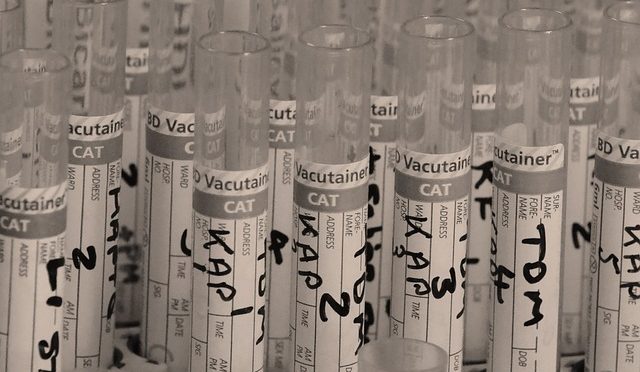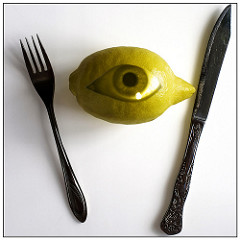Podcast: Play in new window | Download (Duration: 44:02 — 60.5MB)
Subscribe: Spotify | RSS | More
Do med students get training on how to deal with sexual attention from patients?


Listener Zipadee Doodah (not her actual name) was the victim of unwanted sexual attention from a patient. Because her employer didn’t have a policy in place to deal with it, she fought for one. But she wonders, what sort of training do medical students get on dealing with unwanted advances from patients? Kaci McCleary, Erik Kneller, Eric Schnieders, and newbie co-host Cheryl Wang offer their perspectives. Plus we consider a clever approach from a restaurateur who was surprised to learn that her efforts to create a welcoming, inclusive place of business nevertheless masked a simmering harassment problem. How she and her crew dealt with it might be a model for medicine.
We also heard from Yanis, who’s got an MBA/MA and is applying to medical school. But he’s worried a lack of science-types to write letters of recommendation letters might hurt his chances.
Finally, Paulius responded to our recent episode on test anxiety–specifically, Dave’s painful ice cube technique–with a more gentle technique of his own.
We Want to Hear From You
Have you gotten unwanted attention from a patient or customer? Tell us about it at 347-SHORTCT anytime, visit our Facebook group, or email theshortcoats@gmail.com.





 Remembering a recent episode in which we spoke briefly of colored test tubes, Adee writes in with a question for Hilary O’Brien, Erik Kneller, Mackenzie Walhof, and Rob Humble–what, if anything, do medical students learn about laboratory science? And we got a lot of feedback on our recent discussion of unwanted sexual attention from patients, all of it pretty good! Which is nice…thank you, listeners!
Remembering a recent episode in which we spoke briefly of colored test tubes, Adee writes in with a question for Hilary O’Brien, Erik Kneller, Mackenzie Walhof, and Rob Humble–what, if anything, do medical students learn about laboratory science? And we got a lot of feedback on our recent discussion of unwanted sexual attention from patients, all of it pretty good! Which is nice…thank you, listeners!